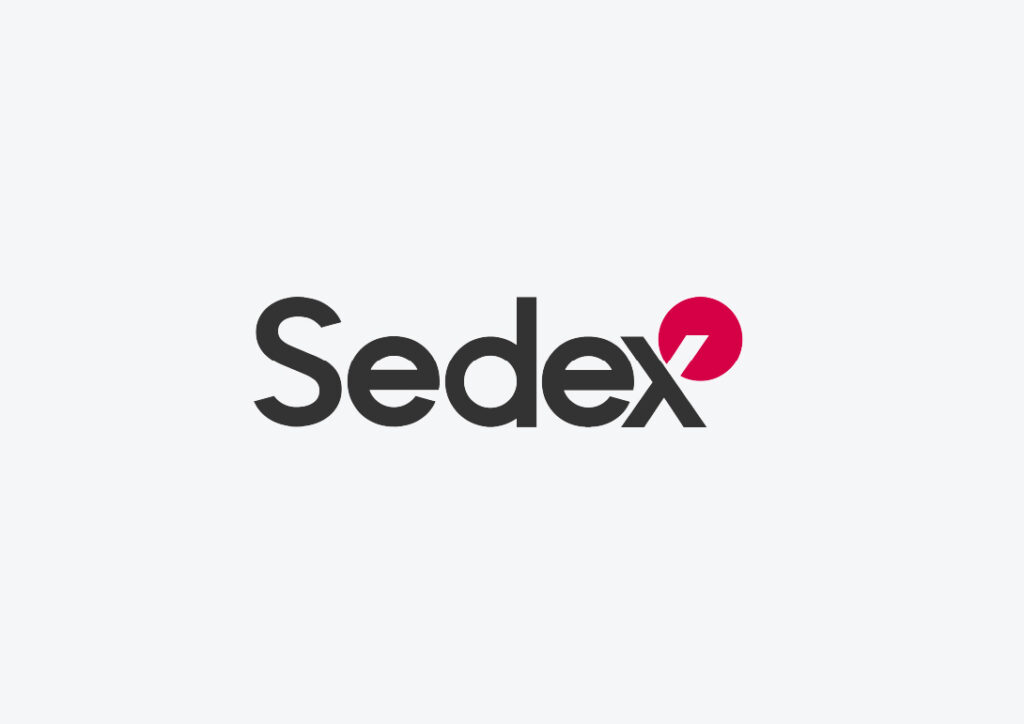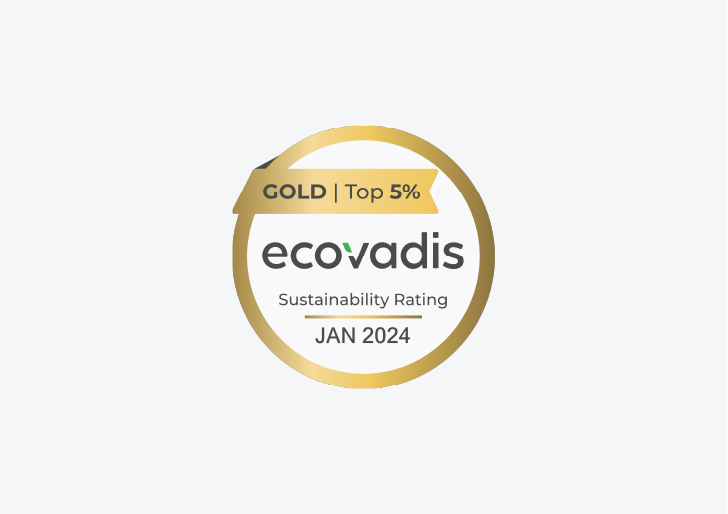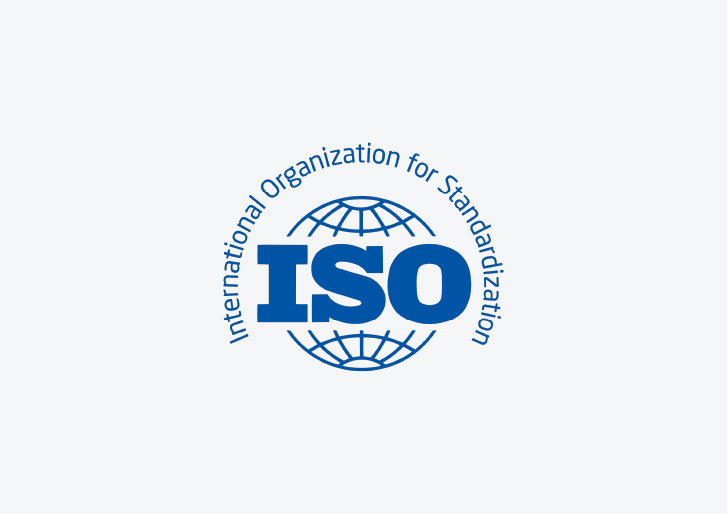
The different sustainability memberships, standards, and audits can be confusing. This glossary offers clarity and guidance to help you understand the meanings and benefits behind the industry’s most popular memberships, standards and audits. If you have sustainability-related queries, feel free to reach out. A member of our sustainability team is ready to provide assistance and insights.
Sedex stands for Supplier Ethical Data Exchange, which is a not-for-profit organisation based in the United Kingdom. It operates a global platform that allows companies to share and manage information about their supply chains regarding labour rights, ethical business practices, environmental practices, and other corporate social responsibility issues. Sedex aims to promote transparency and ethical sourcing in supply chains by providing a platform for businesses to exchange information about their suppliers. Companies can request that their suppliers complete SMETA audits in order to prove such standards are being upheld.

SMETA stands for Sedex Members Ethical Trade Audit, which is an audit methodology designed by Sedex. It provides a standardised and globally recognised approach to assessing business practices. SMETA audits cover various aspects, including labour standards, health and safety, environmental impact, and business ethics. They are conducted to evaluate a company’s commitment to ethical trade and social responsibility.
Audits typically include assessments of labour conditions, working hours, wages, child labour, forced labour, health and safety standards, management systems, and environmental impact. After the audit is conducted, a detailed report is generated, outlining the findings and a Correction Action Plan (if required). This report can be shared on the Sedex platform to enhance transparency in the supply chain.
SMETA 2-Pillar audits covers labour standards and health and safety. SMETA 4-Pillar audits additionally includes environmental impacts and business ethics.
EcoVadis is a platform and rating agency that specialises in evaluating the sustainability performance of companies and their supply chains. It provides businesses with ratings split between four categories: environment, labour and human rights, ethics and sustainable procurement.
The goal of EcoVadis is to promote sustainability and responsible business practices by offering a standardised and transparent method for assessing the sustainability performance of organisations. Upon completion of assessment, companies are awarded with either a Bronze, Silver, Gold or Platinum medal.

ISO (the International Organisation for Standardisation) is an independent, non-governmental international organisation. It brings global experts together to agree on the best ways of doing things, from making products to managing processes.
International standards ensure that the products and services you use daily are safe, reliable, and of high quality. They also guide businesses in adopting sustainable and ethical practices, helping to create a future where your purchases not only perform excellently but also safeguard our planet.

ISO 14001 is an internationally agreed standard that sets out the requirements for an environmental management system. It helps organisations improve their environmental performance through more efficient use of resources and reduction of waste, gaining a competitive advantage and the trust of stakeholders.
ISO 14083 is an internationally agreed standard that establishes a common methodology for the quantification and reporting of greenhouse gas (GHG) emissions arising from the operation of transport chains of passengers and freight.
ISO 14064 is an internationally agreed standard setting out principles and requirements at the organisation level for the quantification and reporting of greenhouse gas (GHG) emissions and removals. It includes requirements for the design, development, management, reporting and verification of an organization’s GHG inventory.
Check out our other articles and whitepapers to help broaden your understanding around these topics and find out how we are taking measure to enhance our sustainability efforts, if you have any questions please get in touch.